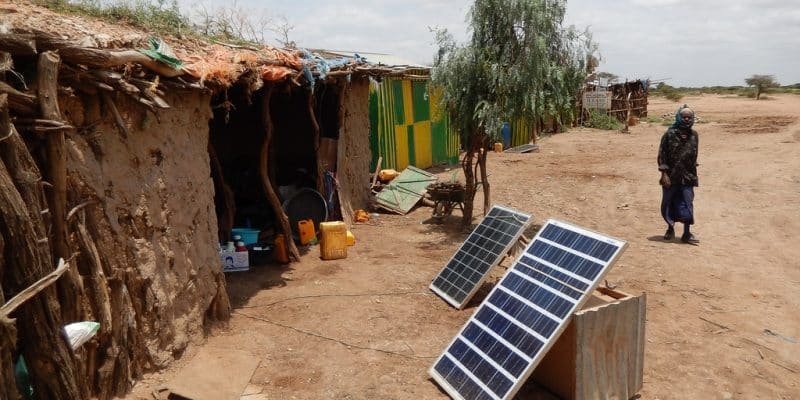Electricity access provider d.light has obtained a $30 million securitisation facility from the Trade and Development Bank of Eastern and Southern Africa (TDB), with the capacity to purchase up to $125 million in assets.
d.light acquires the means to develop its activities in Tanzania. The electricity access provider has secured a $30 million securitisation facility from the Trade and Development Bank of Eastern and Southern Africa (TDB), with the capacity to purchase up to $125 million of assets. “As a scalable financing method, securitisation is an important fiscal tool to help African countries achieve the UN Sustainable Development Goals (SDGs) on energy access. We expect d.light to extend this facility to other major markets in sub-Saharan Africa during 2023,” explains Nick Imudia, Managing Director of d.light.
He added that “this new funding from TDB gives us the additional funds to reach more low-income families and households in Tanzania, in a way that is affordable for our customers and sustainable for our business”. In sub-Saharan Africa, the San Francisco, California-based company distributes solar home systems that provide access to electricity in rural areas.
A new financing mechanism for electrification
The company also supplies other solar-powered equipment, including televisions and fans. This equipment is distributed through the PAY-GO model. For TBD, the facility granted to d.light is an investment with a high social and environmental impact, since “in 2022 alone, the company will have reached more than 1.6 million people thanks to the PAY-GO model, created almost 2,000 jobs and avoided the emission of 1.3 million tonnes of CO2 and black carbon thanks to the replacement of paraffin lamps by solar energy”, explains Michael Awori, Managing Director of the Mauritius-based bank.
Read also- KENYA: Norfund invests $15m in BLK1 for electrification via solar kits
According to d.light, the $125 million facility will be used as the basis for its new Brighter Life Tanzania 1 Limited (BLT1) facility, launched in partnership with African Frontier Capital (AFC). Also operational in Kenya (BLK1), this type of local currency financing facility is designed to accelerate the electrification process. In Tanzania, more than half the population (63 million) still has no access to electricity.
Jean Marie Takouleu







